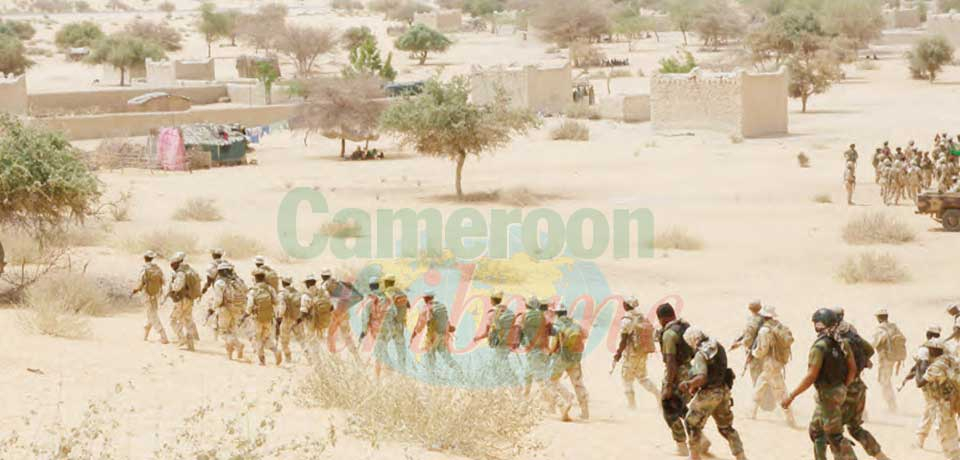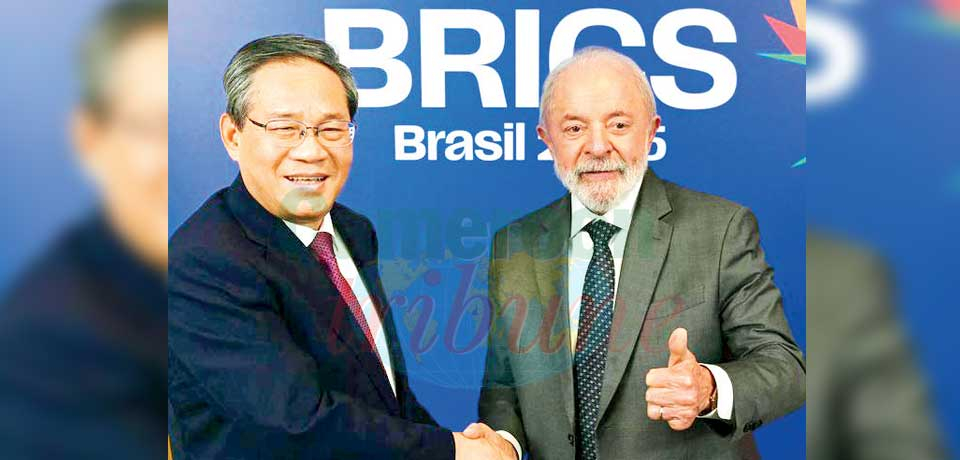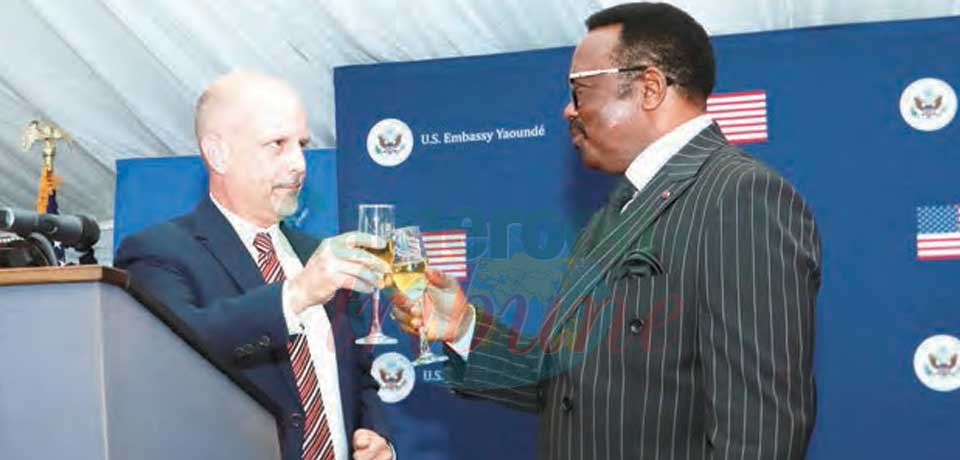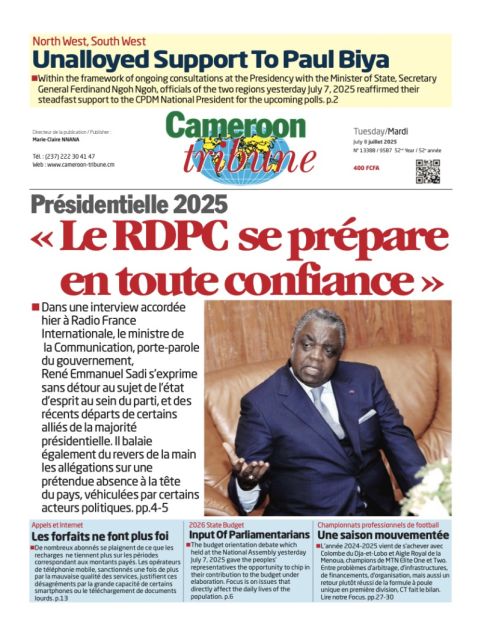Sahel Region : At The Center Of Attraction
- Par Eldickson Agbortogo
- 13 oct. 2021 13:54
- 0 Likes

Despite the different security challenges, many countries are poised to strengthen relations because of the enormous economic interests in the area.
The Sahel is a region South of the Sahara desert stretching from the Atlantic coast to Sudan. Despite its great endowment and the yearning of the population to live in peace, the region has witnessed many interconnected challenges like food insecurity that has often put the lives of millions of people at risk. Over the past five decades, persistent droughts have resulted in famine pushing many humanitarian actors to express the need to break the cycle of recurrent food crises in the region. While these actors are fine-tuning the right seeds to make the region food self-sufficient, the issue of insecurity has emerged.
The whole region is experiencing its worst escalation in violence in ten years. The five states of the ‘G5 Sahel’, a regional security group made up of Mali, Niger, Mauritania, Burkina Faso and Chad has been fighting tooth and nail against the different militant groups since 2012. A conflict that was primarily in northern Mali, caused by an uprising of the Tuaregs has since 2015 spread to Burkina Faso and Niger. But despite the disorder created by the jihadist groups, several world powers have been deploying a lot of military and financial resources because of the strategic role the region plays.
Its location just below Algeria and Libya makes it relevant to the European Union, which is seeking to limit migration flows from Africa. Many Europe-bound migrants travel through Niger and then towards the Mediterranean. Networks of smugglers have used the region’s porous borders to transport migrants through Libya to cross the sea in boats. The presence of jihadist groups affiliated with al-Qaida and IS in the region is of great concern to Europe. France, in particular, is worried that these organizations could sponsor terrorism in Europe or attack French-owned uranium mines in Niger, which are crucial to France’s nuclear power programme. The French army has been heavily involved in counter-terrorism in Mali since the Tuareg and jihadist uprising in 2012, when it launched Opération Sérval. Sérval drove back the armed Islamist groups which had been gaining control over swathes of territory in Mali’s north and centre. In 2014, France launched Opération Barkhane, with a longer-term mandate to counter jihadist groups. French forces help tr...
Cet article complet est réservé aux abonnés
Déjà abonné ? Identifiez-vous >
Accédez en illimité à Cameroon Tribune Digital à partir de 26250 FCFA
Je M'abonne1 minute suffit pour vous abonner à Cameroon Tribune Digital !
- Votre numéro spécial cameroon-tribune en version numérique
- Des encarts
- Des appels d'offres exclusives
- D'avant-première (accès 24h avant la publication)
- Des éditions consultables sur tous supports (smartphone, tablettes, PC)














Commentaires